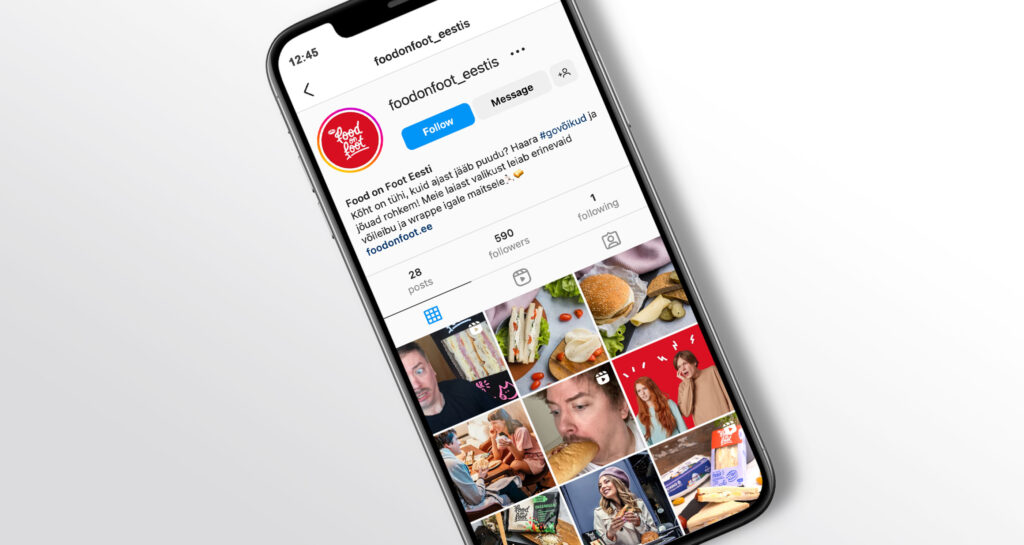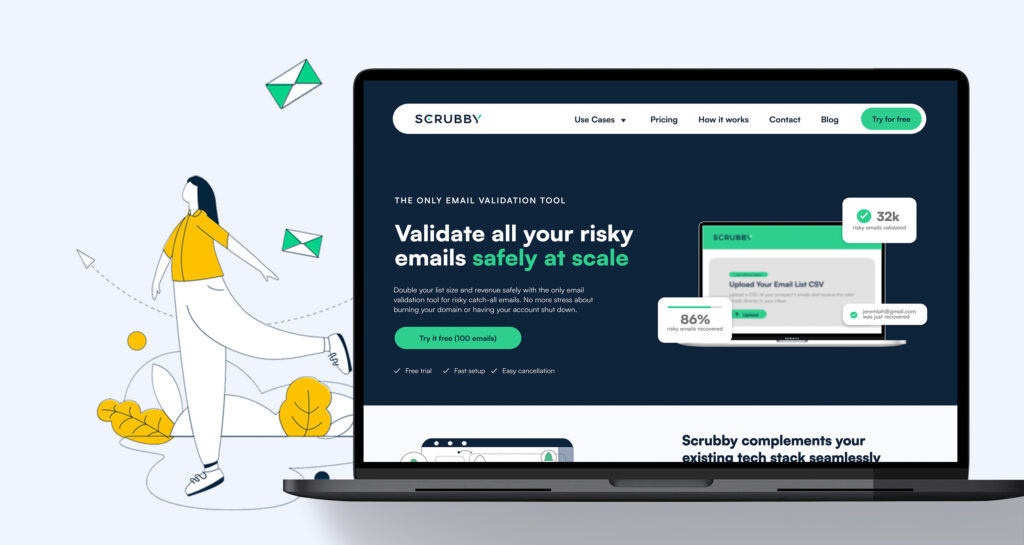How to achieve better results with every euro spent on marketing?
In today’s marketing landscape, where every euro counts, measuring conversions is an essential tool. While it was once considered exclusive to e-commerce sites tracking purchases, this approach can be effectively applied to all types of websites, regardless of industry.
What is a conversion and why is it important?
A conversion is a specific action taken by a website visitor that holds value for the business. Examples include:
- Viewing a product catalogue or portfolio: This indicates interest in particular products or services. Knowing what interests a visitor allows for more targeted remarketing efforts, enhancing sales potential.
- Sending an email or making a call: This reflects a direct interest in contacting the business. Measuring conversions helps identify which channels, target audiences, or ad visuals are most effective in generating contacts, thereby avoiding ineffective campaigns.
- Downloading a PDF or watching a video: This shows a desire for more in-depth information without immediate contact. Setting up such conversions enables the delivery of tailored ads addressing specific needs, increasing the likelihood of inquiries.
In summary, tracking conversions helps understand which website visitors might be potential clients and what their interests and needs are. This information aids in refining target audiences and making marketing budgets more effective.
Remarketing – why and for whom?
One of the significant advantages of conversion tracking is the ability to implement remarketing. This means that if someone has visited your website’s product catalogue, watched a video, or filled out a contact form, you can re-engage them with relevant ads across various channels. Platforms that support conversion-based remarketing include:
- Meta (Facebook and Instagram)
- Google and its affiliate platforms
- TikTok
Our agency’s 8 years of experience show that remarketing ads and target audiences contribute significantly to sales and offer the lowest marketing cost per contact. In various sectors, we’ve managed to reduce the cost per contact by 8–65% within just a couple of months of collaboration through digital campaigns focused on the right conversions. We’ve also assisted clients in launching sales in complex niche markets abroad, where they hadn’t achieved success independently.
Benefits of conversion tracking for different types of businesses beyond contact acquisition:
- Service providers: Monitor how many people have viewed your portfolio or shown interest in a specific service.
- Event organizers: Analyze how many individuals register for webinars or download educational materials.
- Manufacturers: Measure interest in specific products or technical datasheets.
Tools for measuring conversions
Tools like Google Analytics 4, Google Tag Manager, Meta Pixel, LinkedIn Insight Tag, and TikTok Pixel etc enable detailed conversion tracking. Additionally, they allow for the setup of campaigns based on existing user data, increasing the likelihood that conversions will eventually lead to sales.
Conclusion
Conversion tracking is not merely a technical capability but a crucial step toward cost-effective marketing. By understanding and measuring the actions that matter, businesses can optimize their marketing strategies, ensuring that every euro spent yields the maximum possible return.
See our latest works:




